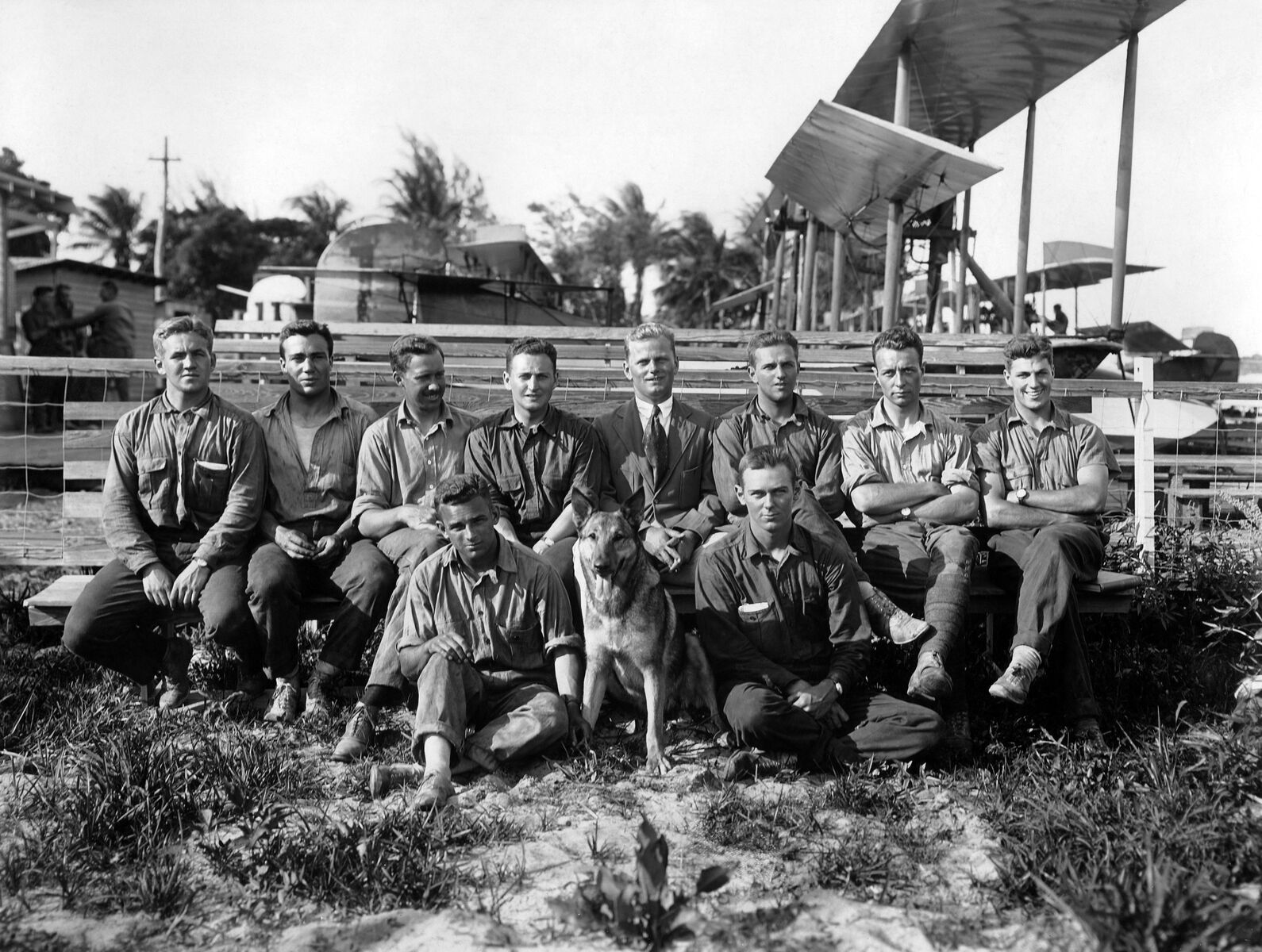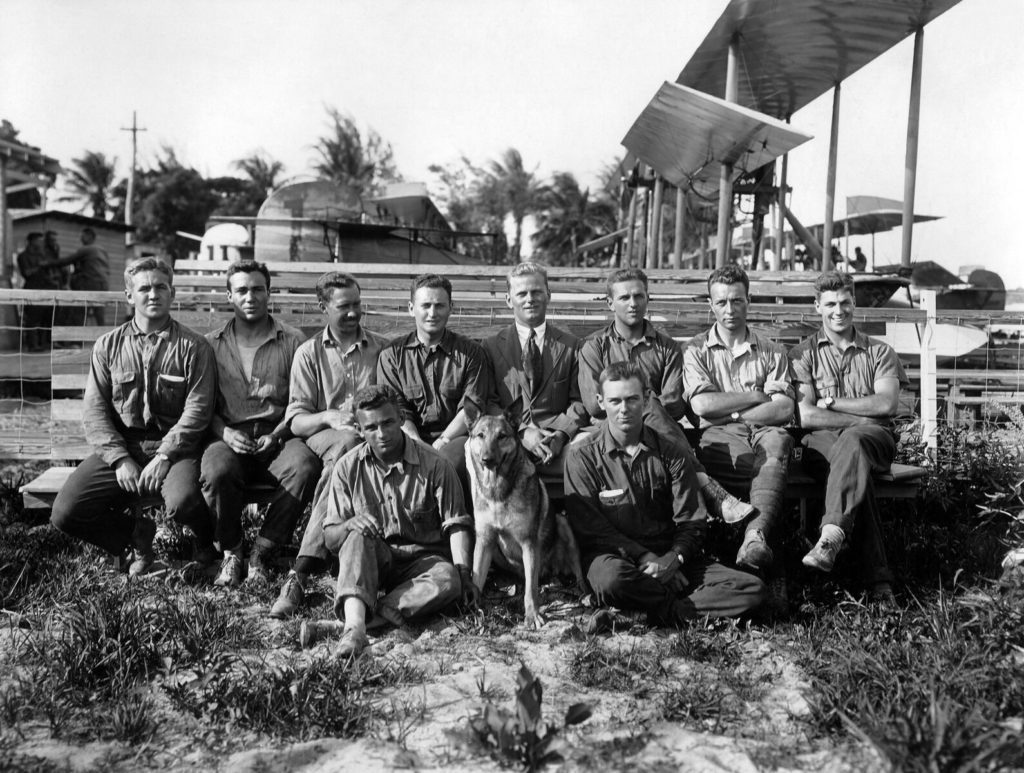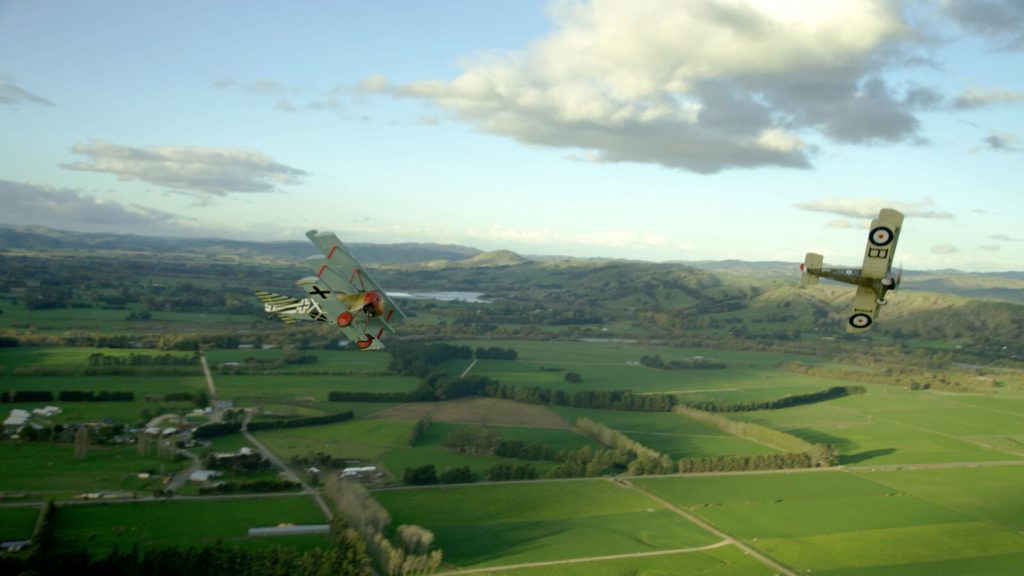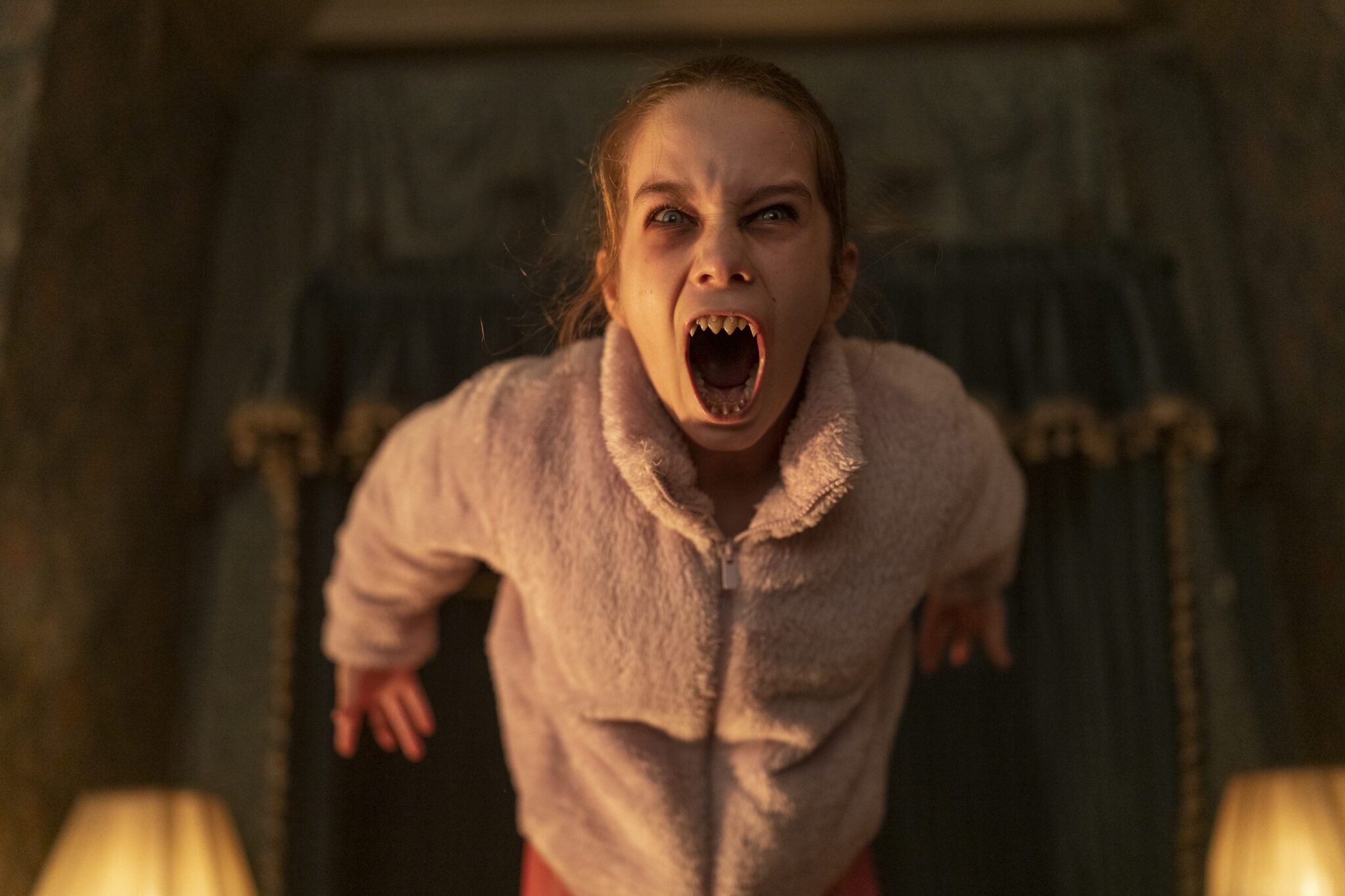?For God, for country, and for Yale.?
The First World War is often seen as the end of the romantic view of war. Many people entered the war with visions of honor and glory, only to find the reality very different. The Millionaire?s Unit, a documentary by Darroch Greer and Ron King, is a return to celebrating the virtues of a group of young, affluent American college students who understood that their privilege required responsibility, and became some of the first American aviators in the war.
The film chronicles the First Yale Unit, a group of Yale students who decided even before the US entered the war that they would become aviators when the time came. They formed a private militia and in time were brought into the Navy as a unit. Having learned to fly (only a few years after the Wright Brothers) they were among the earliest involved in Naval aviation. They went on to take part in World War I in a variety of roles. Some were killed as a result. But the unit as a whole helped to establish the military air power that grew through the years.
It should be noted that one of the directors and two producers are descendants of some of the members of the unit (as is narrator Bruce Dern), so this is something of a burnished family history. However, the accomplishments of those we learn about?both during and after the war?are real and impressive.
What gives the film its heart is the personal stories of some of those Yale students and flyers. Much of the narration comes from letters written home to loved ones or the originator of the unit, who ironically was injured in training and was never in the war. Those letters remind us that these were well-educated young men from important families. They were articulate and reflect a time when communication was much more formal. But the letters also serve as windows into their thoughts and emotions. They were quick to speak of honor as one of the key motives of what they were all doing. And the film treats the subjects as those who served honorably, and in some cases continued to serve with honor in the post-war world and into World War II.
The editing of the film keeps our interest by shifting between still photos and some of the actual letters being read, a few talking heads (including historians and descendants), and some reenactments made with vintage planes. But through it all, it is the personal story that comes through.
This is indeed a story about virtue in a time of war. We are very used to a more cynical view of war. We often see films in which high ideals are crushed by the reality of war. We also have grown much more cynical about those of privilege who often find ways of avoiding military service. It almost seems antiquated to hear these young men talk of their sense of honor and duty. That probably says more about our own mindset and shifts in ideas of patriotism, service, and duty than of the world a hundred years ago. That gives us room to reflect on not just their ideals, but on why ours are so different.
The film makes its VOD debut on February 15, marking the 100th anniversary of the death of the first of these pilots to be killed in action.
Photos courtesy of Humanus Documentary Films Foundation







